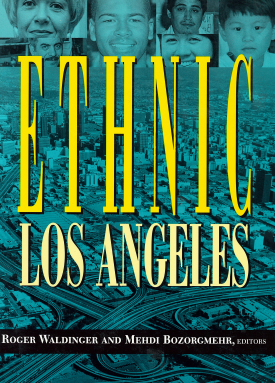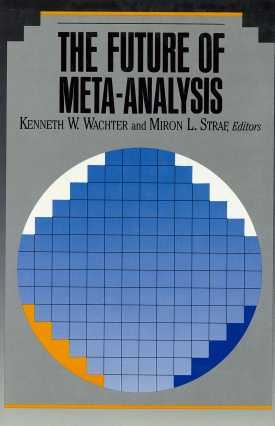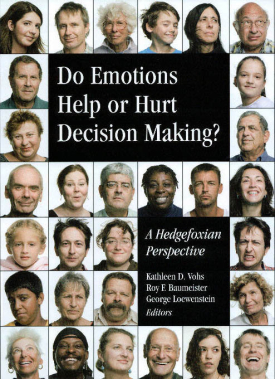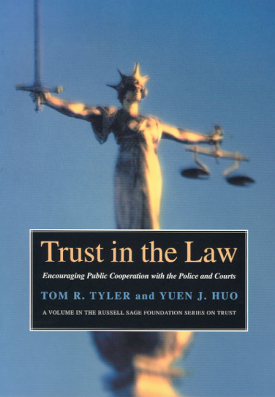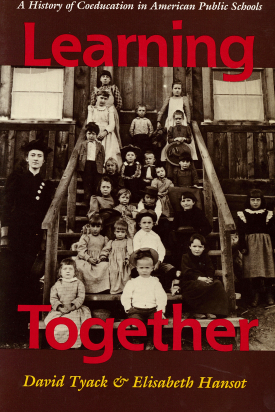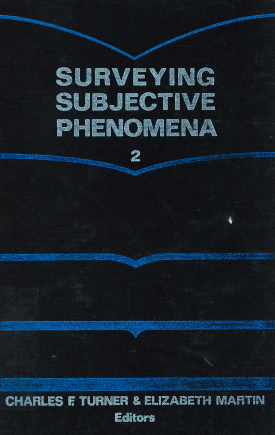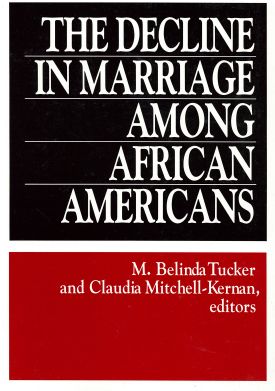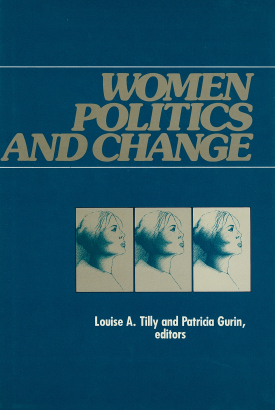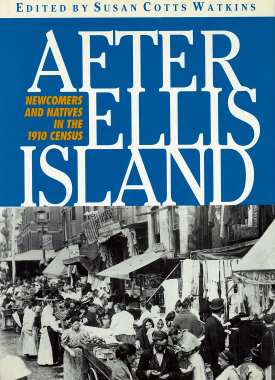
After Ellis Island
About This Book
After Ellis Island is an unprecedented study of America's foreign-born population at a critical juncture in immigration history. The new century had witnessed a tremendous surge in European immigration, and by 1910 immigrants and their children numbered nearly one third of the U.S. population. The census of that year drew from these newcomers a particularly rich trove of descriptive information, one from which the contributors to After Ellis Island draw to create an unmatched profile of American society in transition.
Chapters written especially for this volume explore many aspects of the immigrants' lives, such as where they settled, the jobs they held, how long they remained in school, and whether or not they learned to speak English. More than a demographic catalog, After Ellis Island employs a wide range of comparisons among ethnic groups to probe whether differences in childbirth, child mortality, and education could be traced to cultural or environmental causes. Did differences in schooling levels diminish among groups in the same social and economic circumstances, or did they persist along ethnic lines? Did absorption into mainstream America—measured through duration of U.S. residence, neighborhood mingling, and ability to speak English—blur ethnic differences and increase chances for success? After Ellis Island also shows how immigrants eased the nation's transition from agriculture to manufacturing by providing essential industrial laborers.
After Ellis Island offers a major assessment of ethnic diversity in early twentieth century American society. The questions it addresses about assimilation and employment among immigrants in 1910 acquire even greater significance as we observe a renewed surge of foreign arrivals. This volume will be valuable to sociologists and historians of immigration, to demographers and economists, and to all those interested in the relationship of ethnicity to opportunity.
SUSAN COTTS WATKINS is associate professor at the University of Pennsylvania.
CONTRIBUTORS: Robert F. Dymowski, Douglas Ewbank, Margaret E. Greene, Mark Hereward, Jerry A. Jacobs, Antonio McDaniel, Andrew T. Miller, Ann R. Miller, Ewa Morawska, S. Philip Morgan, Samuel H. Preston, Arodys Robles, Shilian Wang, Susan Cotts Watkins, and Michael J. White


